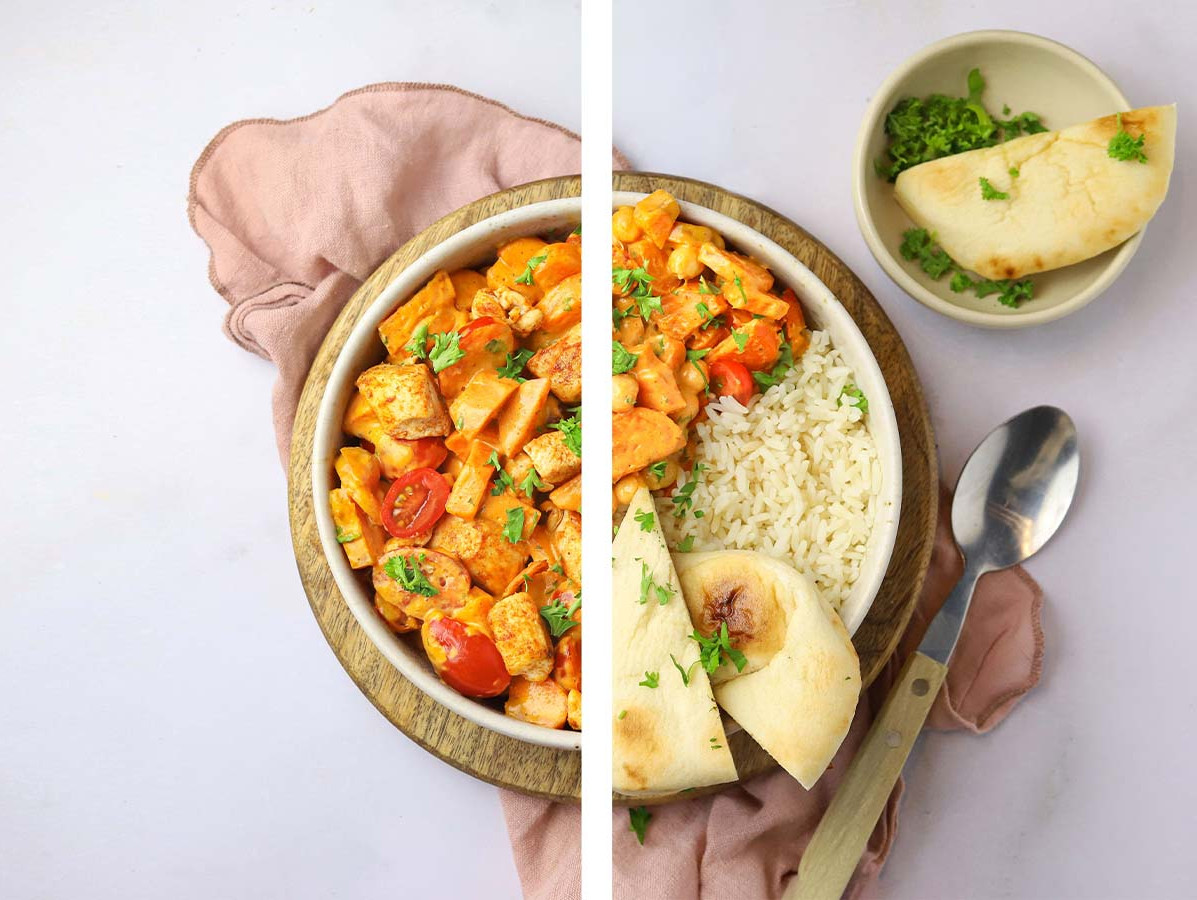
The National Bean Research by HAK reveals that 67% of Dutch people do not yet consider legumes, such as brown beans and lentils, as suitable meat substitutes. This is notable given the financial and ecological benefits of legumes. Families can save hundreds of euros annually by replacing meat with beans once a week, and this choice also helps reduce CO2 emissions. To illustrate the potential savings, HAK developed a tool called the 'Boonus-calculator'.
The Boonus-calculator shows how much money consumers can save by replacing meat with legumes. Beans are a rich source of plant-based proteins. A family of four, for instance, can save €476.32 annually by substituting chicken fillet with chickpeas twice a week. Additionally, the calculator demonstrates the reduction in CO2 emissions, as beans have a significantly lower carbon footprint compared to meat. Beans also contribute to soil health and biodiversity by storing nitrogen in the ground and require less water and artificial fertilizers to grow.
Brown beans remain a favorite among Dutch consumers, followed by white beans and chickpeas. Chili con carne is the most popular bean-based dish, with lentil curry and chickpea curry ranking second and third. However, many Dutch people are unsure how to prepare beans deliciously. One-third of consumers indicate they do not know what dishes to make with legumes, posing a barrier to eating beans more frequently. The Boonus-calculator also offers recipes to inspire consumers.
The research indicates that consumers have limited knowledge about the health benefits of legumes. They are rich in plant-based proteins, fiber, and help lower LDL cholesterol, contributing to healthy blood vessels. The Gezondheidsraad advises a diet consisting of 60% plant-based and 40% animal-based proteins, while currently, 57% of the proteins consumed by the Dutch come from animal sources. HAK director Nicole Freid emphasizes that legumes deserve a more prominent position in supermarkets, such as near the 'fresh island', to inspire consumers to opt for plant-based options more often.
Source: HAK